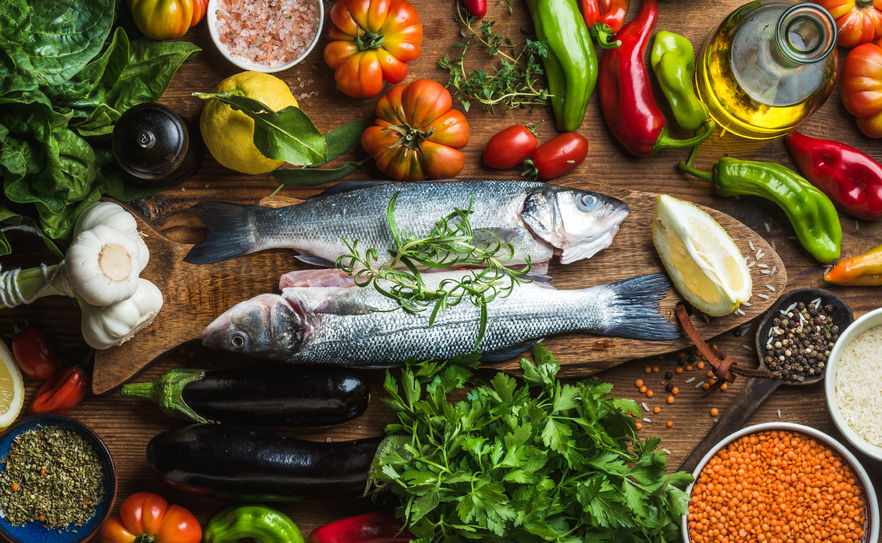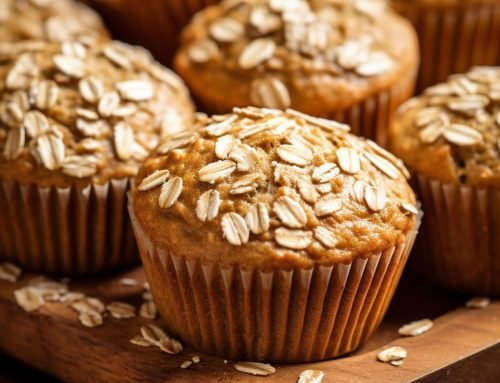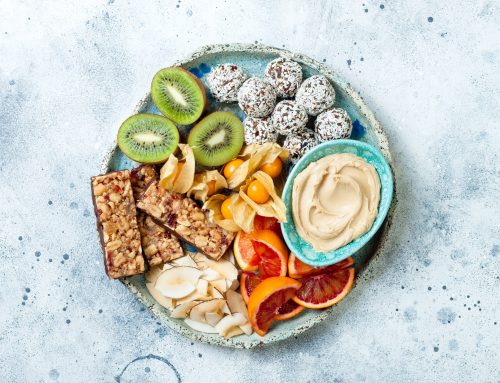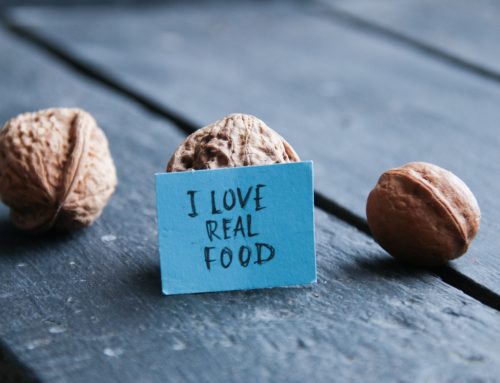Food and mental health go hand-in-hand. The sugar-laden, high-fat foods we often crave when we are stressed or depressed, as comforting as they are, may be the least likely to benefit our mental health.
As people across the globe grappled with higher levels of stress, depression and anxiety this past year, many turned to their favorite comfort foods: ice cream, pastries, pizza, hamburgers. But studies in recent years suggest that the sugar-laden and high-fat foods we often crave when we are stressed or depressed, as comforting as they may seem, are the least likely to benefit our mental health. Instead, whole foods such as vegetables, fruit, fish, eggs, nuts and seeds, beans and legumes and fermented foods like yogurt may be a better bet.
Food and Mental Health
There is an emerging field of research known as nutritional psychiatry, which looks at the relationship between diet and mental wellness. The idea that eating certain foods could promote brain health, much the way it can promote heart health, might seem like common sense.
A growing body of research has provided intriguing hints about the ways in which foods may affect our moods. A healthy diet promotes a healthy gut, which communicates with the brain through what is known as the gut-brain axis. Microbes in the gut produce neurotransmitters like serotonin and dopamine, which regulate our mood and emotions, and the gut microbiome has been implicated in mental health outcomes.
Large Studies Demonstrate a Connection Between Food and Mental Health
Large population studies, too, have found that people who eat a lot of nutrient-dense foods report less depression and greater levels of happiness and mental well-being.
• One such study, from 2016, that followed 12,400 people for about seven years found that those who increased their consumption of fruits and vegetables during the study period rated themselves substantially higher on questionnaires about their general levels of happiness and life satisfaction.
• The first major trial to shed light on the food-mood connection was published in 2017.
• A team of researchers wanted to know whether dietary changes would help alleviate depression, so they recruited 67 people who were clinically depressed and split them into groups.
• One group went to meetings with a dietitian who taught them to follow a traditional Mediterranean-style diet.
• The other group, serving as the control, met regularly with a research assistant who provided social support but no dietary advice.
• At the start of the study, both groups consumed a lot of sugary foods, processed meats and salty snacks, and very little fiber, lean proteins or fruits and vegetables.
• But the diet group made big changes. They replaced candy, fast food and pastries with whole foods such as nuts, beans, fruits and legumes. They switched from white bread to whole grain and sourdough bread. They gave up sugary cereals and ate muesli and oatmeal. Instead of pizza, they ate vegetable stir-fries. And they replaced highly processed meats like ham, sausages and bacon with seafood and small amounts of lean red meats.
• Importantly, both groups were counseled to continue taking any antidepressants or other medications they were prescribed.
• The goal of the study was not to see if a healthier diet could replace medication, but whether it could provide additional benefits like exercise, good sleep and other lifestyle behaviors.
Study Results
• After 12 weeks, average depression scores improved in both groups, which might be expected for anyone entering a clinical trial that provided additional support, regardless of which group you were in.
• But depression scores improved to a far greater extent in the group that followed the healthy diet: roughly a third of those people were no longer classified as depressed, compared to 8 percent of people in the control group.
The results were striking for a number of reasons. The diet benefited mental health even though the participants did not lose any weight.
Comments on Relationship Between Food and Mental Health
“Mental health is complex,” said Dr. Jacka, the director of the Food & Mood Centre at Deakin University in Australia and the president of the International Society for Nutritional Psychiatry Research. “Eating a salad is not going to cure depression. But there’s a lot you can do to lift your mood and improve your mental health, and it can be as simple as increasing your intake of plants and healthy foods.”
Click here to read more about food and mental health.







